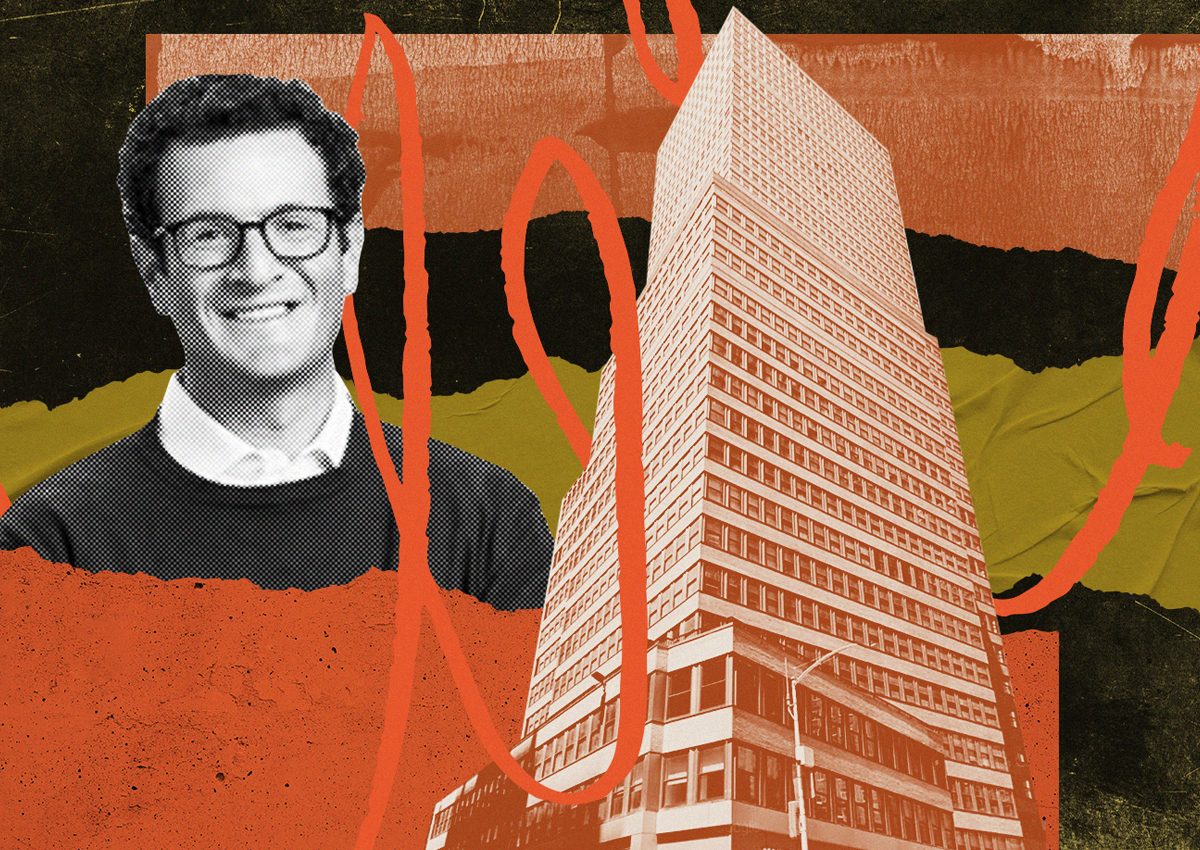Prison Action Milwaukee uses the tenacity of its members to fight for change
The members of Prison Action Milwaukee believe in something others may find radical: progress is possible.
Also known as PAM, the nonprofit organization represents the interests of people incarcerated or affected by the criminal justice system and their families.
Or, in the words of Rose Scott, president and co-founder of PAM, “We are an organization for change.”
Instead of discussing the judges’ rulings, PAM appears at court hearings.
Instead of complaining about an unfair law, PAM is urging lawmakers to change it.
Scott believes that this approach can completely solve systemic problems such as unsafe conditions in prisons or mass incarceration.
“We are all smart enough to know how to get the program off the ground,” she said. “When you say, ‘I can’t,’ what you really mean is, ‘You don’t have the will.'”
PAM does not seek formal funding. Instead, Scott works to foster the will to act among PAM members, said Eugene Nelson, vice president and co-founder of PAM.
“We’re not chasing money. We’re trying to get the job done,” Nelson said.
During PAM’s monthly meeting in April, a newer member, Sa’Aire Salton, asked how she could help.
Scott’s response was typical: “You will tell us what you are going to do.”
As a licensed psychotherapist, Salton has treated many people who have been incarcerated. She said they repeatedly report inadequate mental health care while incarcerated.
The Department of Corrections’ own data shows that there is a staggering gap between the number of people participating in mental health programs and the number of people on the waiting list.
According to department data, 904 people were enrolled in the department’s cognitive-behavioral program as of April, but 10,419 people were on the waiting list.
Beth Hardtke, communications director for the Department of Corrections, said trained professionals provide mental health services, adding that the agency’s health department has a psychiatric director, a psychological director and a mental health director.
The department’s management also meets regularly with various stakeholders and welcomes public dialogue, said Hardtke.
Throughout its history, PAM has touched on virtually every facet of the criminal justice system. However, there are some recurring themes that it addresses.
The reason PAM was founded is because of parole reform and Wisconsin’s “Truth-in-Sentencing” law.
According to the Wisconsin Parole Board, the Truth-in-Sentencing law (Wisconsin Act 283 of 1997) states that anyone who commits a crime on or after December 31, 1999, and is sentenced to one year or more in prison is not eligible for parole. With few exceptions, these people must serve their entire sentence.
Among the arguments in favor of the truth-in-sentence principle at the time was the notion that “parole and other forms of early release had created a revolving door effect in the criminal justice system, with many offenders serving less than half their sentences,” according to a 1999 report by the now-defunct Wisconsin Sentencing Commission.
Opponents of the truth-in-sentencing approach argue that it has caused great harm.
For one thing, “Truth in Sentencing” is a huge waste of human potential, Nelson said.
“These individuals can certainly be positive, productive, tax-paying and contributing members of society,” he said.
PAM members believe that the principle of truth in sentencing has also contributed to the increasing number of people incarcerated in Wisconsin.
Scott also places great importance on the training available to children in the juvenile justice system.
She believes we have “a golden opportunity” to develop an effective and robust curriculum for the youth incarcerated at Lincoln Hills School for Boys and Copper Lake School for Girls.
“If we’re talking about any kind of rehabilitation and change, it has to start there, and we’re not taking advantage of that,” she added.
Scott said Wisconsin’s criminal justice system is less fair today than it was when PAM was founded in 2007.
PAM is a change organization, but “change is hard,” she said.
“You have to keep pressing redial,” Scott said.
PAM’s monthly meetings are held the third Saturday of each month from 10 a.m. to noon at Good Shepherd Trinity Church, 3302 N. Sherman Blvd.
You can also reach PAM via the Facebook page or email Nelson at [email protected].



